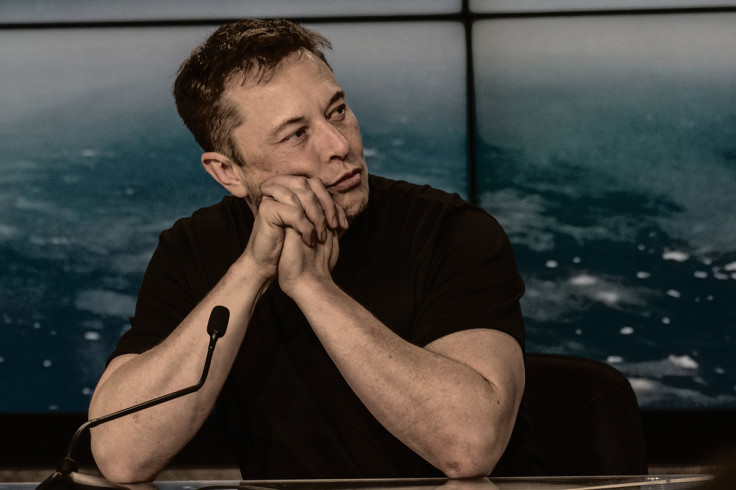Elon Musk Faces Deportation Threats After Trump Feud—Where Would The Billionaire Go?
All of Musk's major companies have been based in Texas since 2020.

Elon Musk is being threatened with deportation following his approval of a post calling for Donald Trump's impeachment in favour of Vice President JD Vance. This incident comes amid the tense falling out between Trump and Musk due to disagreements over the former's upcoming 'big, beautiful bill.' Musk's latest calls for impeachment, however, seem to have crossed a line. But where would the billionaire go if deported?
Trump And Elon's Public Feud Ends in Calls For Deportation
Over the past few days, X (formerly Twitter) users have watched as two of the world's most powerful men volleyed outrageous accusations back and forth. Musk had been stoking the fires, criticising Trump's tariffs. Trump bit back, threatening to cancel Musk's government contracts, to which Musk responded by threatening to discharge space ships used by NASA. Musk's most polarising claim was attesting that Trump was in the 'Epstein files,' which is why they haven't been published yet, even reposting a video of the President and the infamous paedophile.
One of Trump's long-time advisors, Steve Bannon, has called for 'a formal investigation' into Musk's immigration status. Speaking with The New York Times, Bannon claimed he's 'of the strong belief that [Musk] is an illegal alien, and he should be deported.' On his War Room podcast, he called Musk 'unstable' and a 'national security issue,' referencing the CEO's reported drug use.
If Bannon is successful, and it results in Musk's deportation, the tech tycoon has several options, holding both Canadian and South African citizenship. The latter is becoming an appealing country of residence due to the strengthening ties between Musk and the South African government.
My Enemy's Enemy: Why Musk Might Move to South Africa
Trump had previously criticised South Africa for its land reform policy, claiming there had been a 'genocide' of white South Africans. As a white South African, Musk could potentially discredit Trump by moving to his country of birth, expanding his business and supporting the government. The tables seem to be turning in the CEO's favour, with South African President Cyril Ramaphosa visiting Washington to explore business opportunities for Musk's companies last month. Though the move aimed to improve relations with Trump, their negotiations may lead to further talks specifically regarding Starlink.
Rumours of Possible Expansion Cause Outrage Among Locals
Expanding the company to South Africa had previously seemed impossible for Musk, given the country's laws, which mandate that large companies be at least 30% owned by disadvantaged groups, primarily Black citizens. However, the Financial Times has reported that Communications Minister Solly Malatsi recently proposed a plan allowing telecom companies, such as Starlink, to bypass this law. Instead of requiring direct equity stakes, the proposal suggests using 'equity equivalence' measures that focus on local partnerships and job creation.
This proposal follows Musk's claims that he feels excluded from his native country's telecom market due to his race. It was met with criticism from opposition groups arguing that it prioritises a wealthy foreign entrepreneur over local interests. Regardless of their concerns, Musk does not qualify as a foreigner since he has birthright citizenship and does not have to apply for permanent residency to live in South Africa. If he did, he could do so on the basis of building a business there.
If successful, Malatsi's proposal could mark a new start for the billionaire. His established relationship with South African leaders could also provide him with a bridge into politics if he chose to pursue it again. While the CEO's immigration status in the US remains unclear, one thing's for certain—if Trump's camp pushes him out, he may flip the script, leveraging his South African roots to challenge Trump from abroad.
© Copyright IBTimes 2025. All rights reserved.






















